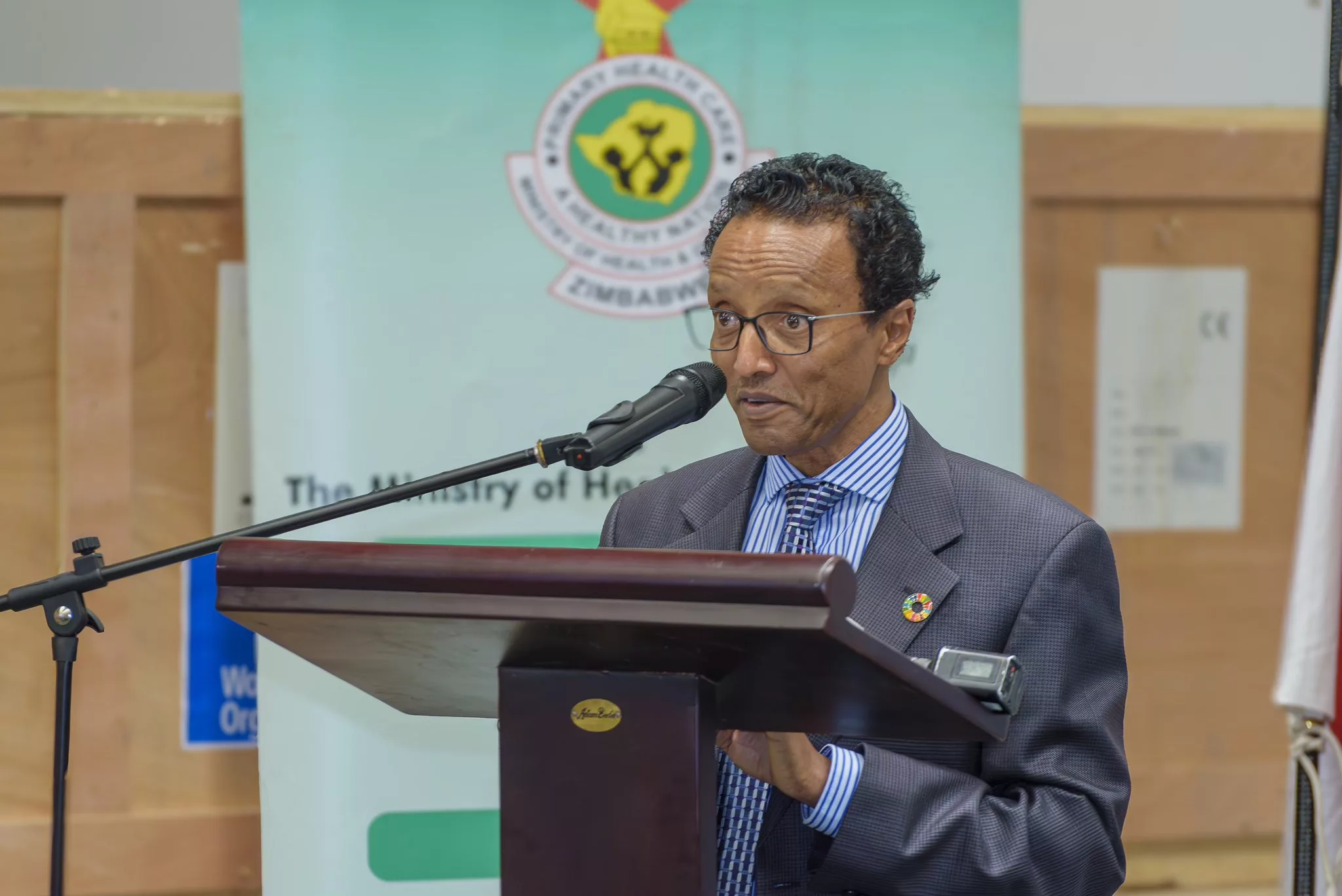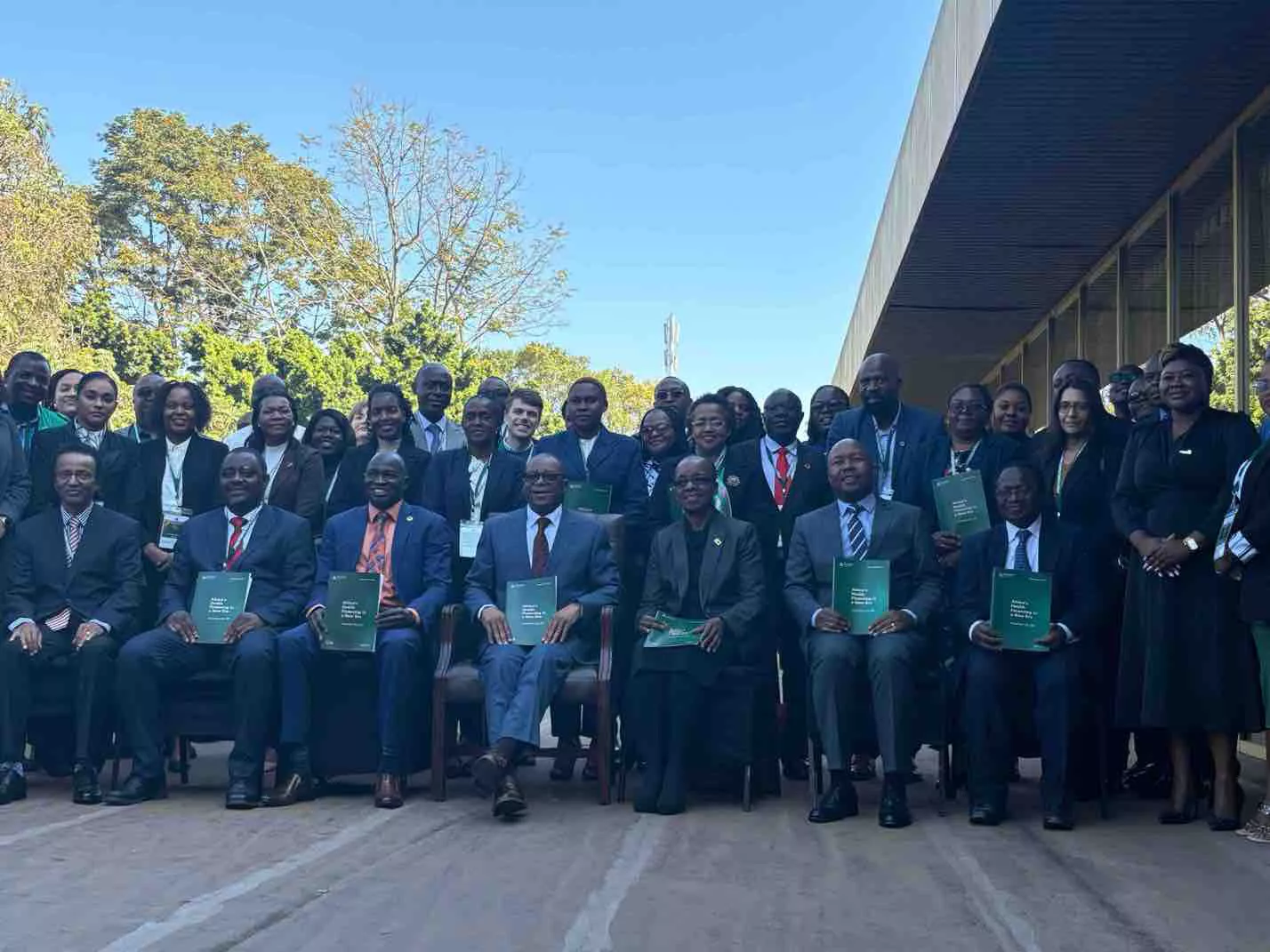By Joyce Mukucha
The Confederation of Zimbabwe Industries (CZI), in pursuit of improving the way of doing business in the country is impelemnting measures that seek to address bottlenecks in the sector.
Speaking during the 2018 CZI Economic Outlook Symposium which took place at Meikles Hotel on the 30th of January 2018, the CZI President Sifelani Jabangwe said there was need to impact business trends as a way of boosting the nation’s economy.
“We need to understand demand so that we plan production and solutions of implications that hinders from letting business to flow smoothly. If we understand the current state of the nation in the new dispensation it means fruitful deliberations would be achieved as we move forward,” he said.
Henry Ruzvidzo Chiwandire, the CZI Vice President pointed out that there was need for CZI to engage government in as far as improvement of doing business is concerned.
“This year, 2018 is going to be difficult since there are lots of things which militate Zimbabwe against upgrading economically which include drought and plan budget deficit. We need to be bold and precise as we embrace new things in the new dispensation.
“The Zimbabwe economic zones need to be focused on and policies which attract investors need to be put in place. For example, there is need to reduce the fiscal deficit by cutting government expenditures,” Chiwandire said.
Contributing at the same event, John Mangudya, the Governor of the Reserve Bank of Zimbabwe said the country needed to be put out of the current situation as President Emmerson Mnangagwa is also fighting to transform the country.
He said the nation is open for business and a corresponding approach must be undertaken so that Zimbabwe becomes competitive when carrying out business.
“Zimbabwe cannot operate in isolation but it requires the international community because it is open for business. This does not mean that we stop accommodating domestic investment but we need to improve on or efficiency and competitiveness for the survival of business,” he said.
Mangudya also said that RTGS money is more than foreign currency and there was need to increase foreign exchange, improve in the tourism sector and ensure that foreign investors who want to come to Zimbabwe are embraced so as to increase confidence of the economy and stabilise business.
BancABC Economist James Wadi noted that in 2010 the country enjoyed economic growth but encountered a plethora of challenges since 2013. These include liquidation, a rise of commodity prices, loss of jobs and deficits in day to day activities.
He said foreign currency shortages, the escalaton of prices and high costs of doing business were some challenges which contributed to the poor state of economy the country found itself in.
He added that government was optimistic that the economy would improve. If government proffers sound policies on the ground, it improves the ease of doing business and attracts investors into the country.
“We are not leaving much money on the table for economic development. As we compare the civil service to total employment it gives us a ratio which is above 15 percent but in other countries the ratio is below 15 percent. If the country wants to grow over employment, our ratio should come down.”
He said for 2018 US$672 million had already already been put in the budget and the actual figure in return was not yet clear.
Wadi suggested that to curb all the economic hindrances in doing business, there was need to reduce policy uncertainty, encourage partnerships in agriculture, arrest any further fiscal deficit and implement turn-around strategies for PEs.
Agribank Head of Strategy Mr Joseph Mverecha indicated that improvement of food security, state owned enterprises reforms, re-engagement with the international economy, repealing of Indigenisation Act and ensuring policy credibility could improve business in Zimbabwe.
Other participants suggested that there was need to ensure zero tolerance to corruption, agriculture recovery, new wealth creation, increase custom and exercise duty and create more jobs to counter the challenges which the country is facing in as far as business is concerned.






